Life coach Tony Robbins says women are using #MeToo to make themselves 'significant' — but this brave sexual abuse survivor called him out pic.twitter.com/wYxhlmc10u
— NowThis (@nowthisnews) April 6, 2018
Motivational speaker and self-help guru Tony Robbins publicly claimed the #MeToo movement is all about victimhood and women are using it to “get significance.” If that wasn’t enough, he then followed up his statement by saying in the era of #MeToo, attractive women may be penalized for their good looks.
The controversial remarks were shared in front of thousands of attendees of Robbin’s giant “Unleash the Power Within” event in San Jose, California. A woman in the audience named Nanine McCool — who identified herself as a sexual abuse survivor — challenged the life coach’s claims by saying, “So, I think you misunderstood the MeToo movement” and accused Robbins — as a leader and an influential man — for doing a disservice to the whole campaign by making such disparaging claims. But instead of backing down, Robbins doubled down by sharing an anecdote of an unnamed “famous” acquaintance who had passed on hiring an attractive woman: “I was with someone the other day. Very famous man, very powerful man. He’s saying how stressed he is because he interviewed three people that day. One was a woman, two were men. The woman was better qualified, but she was very attractive, and he knew, ‘I can’t have her around because it’s too big a risk.’ And he hired somebody else. I’ve had a dozen men tell me this.”
Of course, it didn’t take long for the 11-minute exchange posted on the YouTube Channel to go viral. The video included tense moments in which Robbins got in McCool’s face and towered over her. The Atlantic vividly described the scene as “the hulking man with the hulking grin, physically pushing the small woman who dared to question him.” Robbins issued a public apology but many critics — including #MeToo founder Tarana Burke — were quick to note that the apology was only offered to protect his reputation. Burke condemned the video as “gross” and “deplorable.”
The controversial remarks were shared in front of thousands of attendees of Robbin’s giant “Unleash the Power Within” event in San Jose, California. A woman in the audience named Nanine McCool — who identified herself as a sexual abuse survivor — challenged the life coach’s claims by saying, “So, I think you misunderstood the MeToo movement” and accused Robbins — as a leader and an influential man — for doing a disservice to the whole campaign by making such disparaging claims. But instead of backing down, Robbins doubled down by sharing an anecdote of an unnamed “famous” acquaintance who had passed on hiring an attractive woman: “I was with someone the other day. Very famous man, very powerful man. He’s saying how stressed he is because he interviewed three people that day. One was a woman, two were men. The woman was better qualified, but she was very attractive, and he knew, ‘I can’t have her around because it’s too big a risk.’ And he hired somebody else. I’ve had a dozen men tell me this.”
Of course, it didn’t take long for the 11-minute exchange posted on the YouTube Channel to go viral. The video included tense moments in which Robbins got in McCool’s face and towered over her. The Atlantic vividly described the scene as “the hulking man with the hulking grin, physically pushing the small woman who dared to question him.” Robbins issued a public apology but many critics — including #MeToo founder Tarana Burke — were quick to note that the apology was only offered to protect his reputation. Burke condemned the video as “gross” and “deplorable.”
And, so — as the video is still being shared and retweeted by many in vexation and anger — we need to address how the #MeToo movement can process Robbins’ criticism in a healthy manner that will be constructive to the campaign itself. Trust me, I too want to simply vilify Robbins on the Internet for his insensitive choice of words and harrowing demonstration — but perhaps there is a chance he does not know how to be part of the solution. There’s also a chance the #MeToo movement is missing out on a critical dialogue Robbins is suggesting.
Unfortunately, there is some truth to Robbins’ controversial remarks. According to research, it’s unlikely that Robbins’ dozen friends are the only men practicing this type of gender discrimination. In March, the Harvard Business Reviewreported that many men in finance have begun avoiding, hiring, and managing women. In order to avoid #MeToo going down in history as the “Battle of the Sexes” campaign, the conversations in addressing the emerging realities post #MeToo need be shared on the public stage.
Yes, it is both illegal and unethical to hire less qualified men over a highly qualified woman, attractive or not. And it is not OK for a public figure of Robbins’ stature to minimize a movement and fueling the same victim-blaming rhetoric. When Robbins stressed that he’s not mocking the #MeToo movement but he’s mocking “victimhood” — he should be fully aware as the nation’s most well-known life coach that 90% of adult rape victims are female. So, by blaming victims he is in a sense blaming women. The movement needs to see more men in influential positions standing as a proud ally.
But what’s worse, simply dismissing a whole argument because it is an opinion with which we disagree with. In an Op-Ed piece for CNN, author Peggy Drexler offered a solution to those taking part in the #Metoo narrative: “It’s OK to be skeptical of a movement. A good movement will stand up to those criticisms and be stronger for it.” Robbins is certainly not the first public figure to criticize the movement, nor will he be the last. Plus, silencing criticism wouldn’t lead to sustained, lasting change in implementing new gender norms, it’ll only cause even bigger problems.
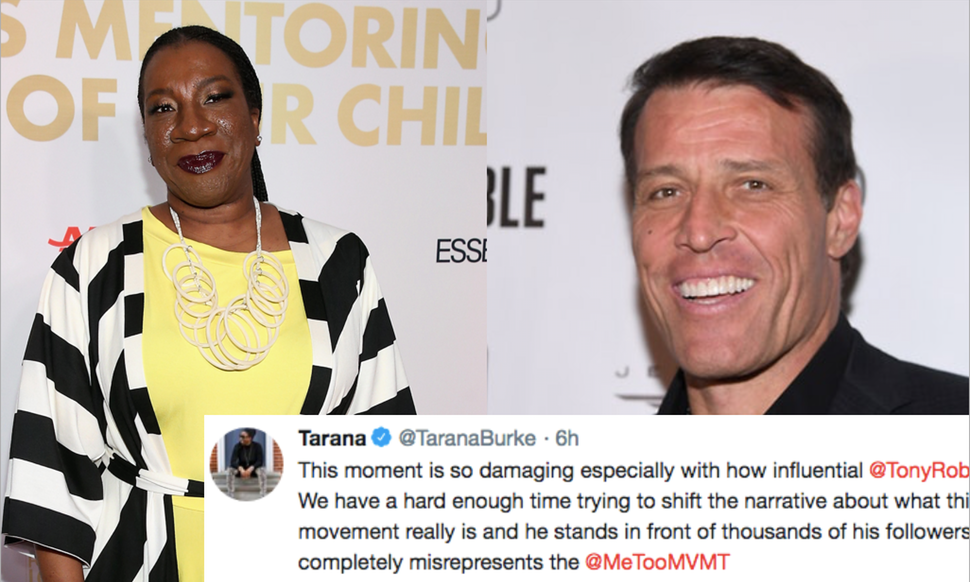
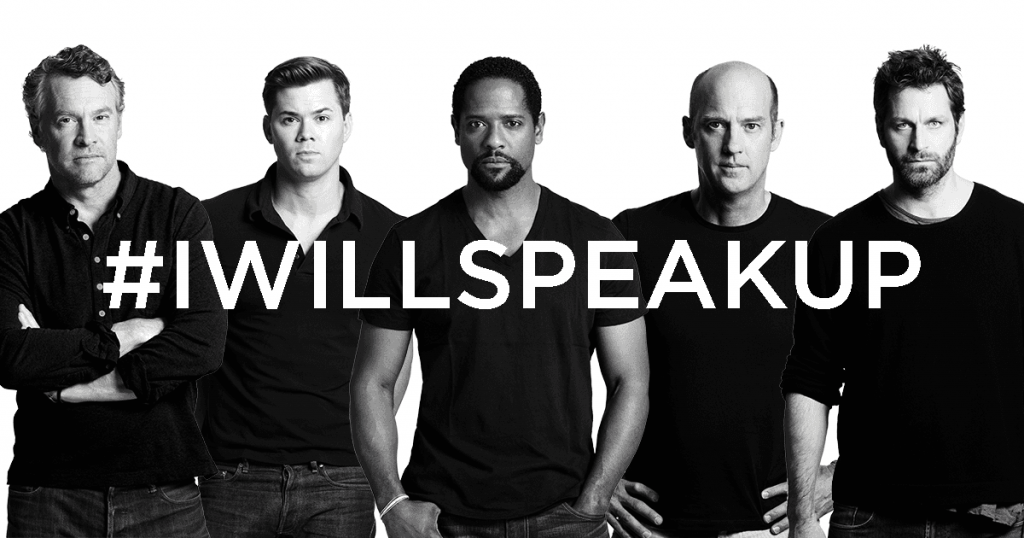
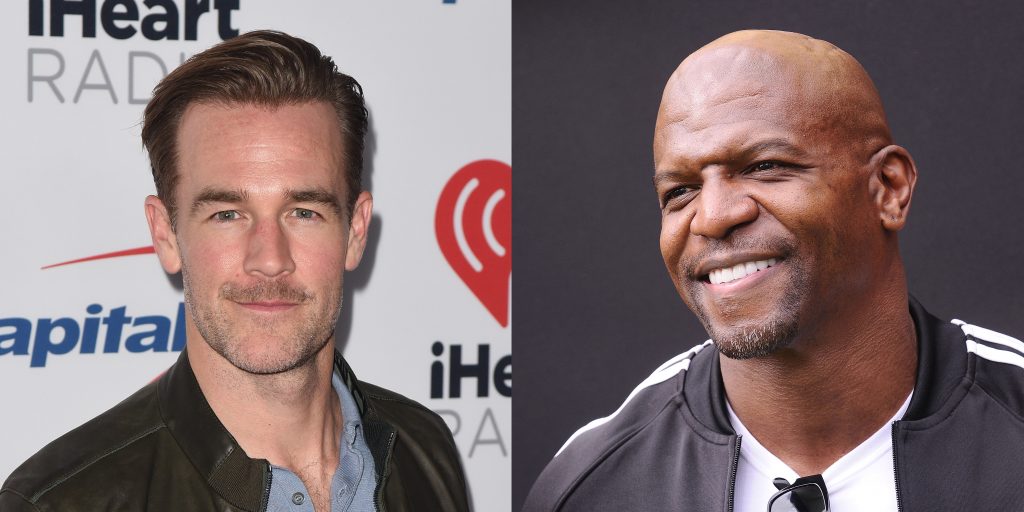
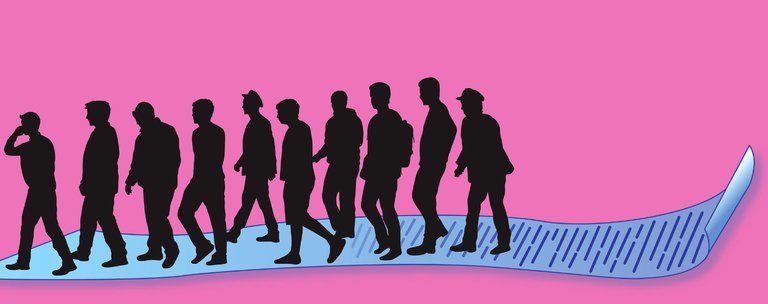

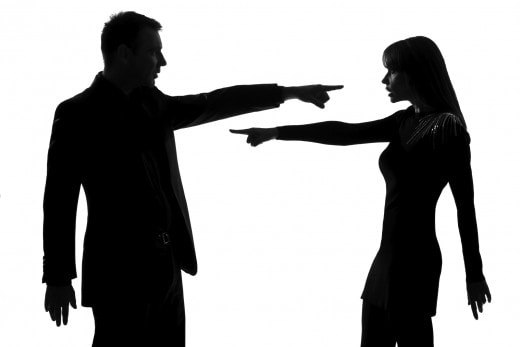



 RSS Feed
RSS Feed